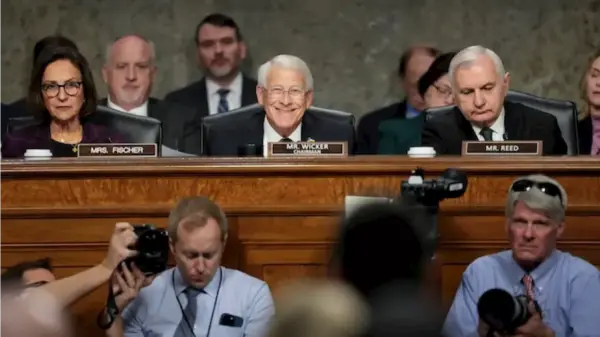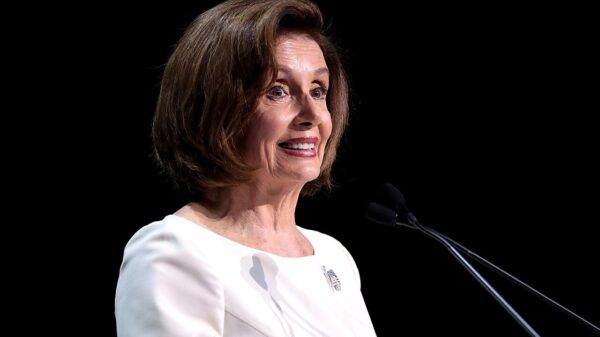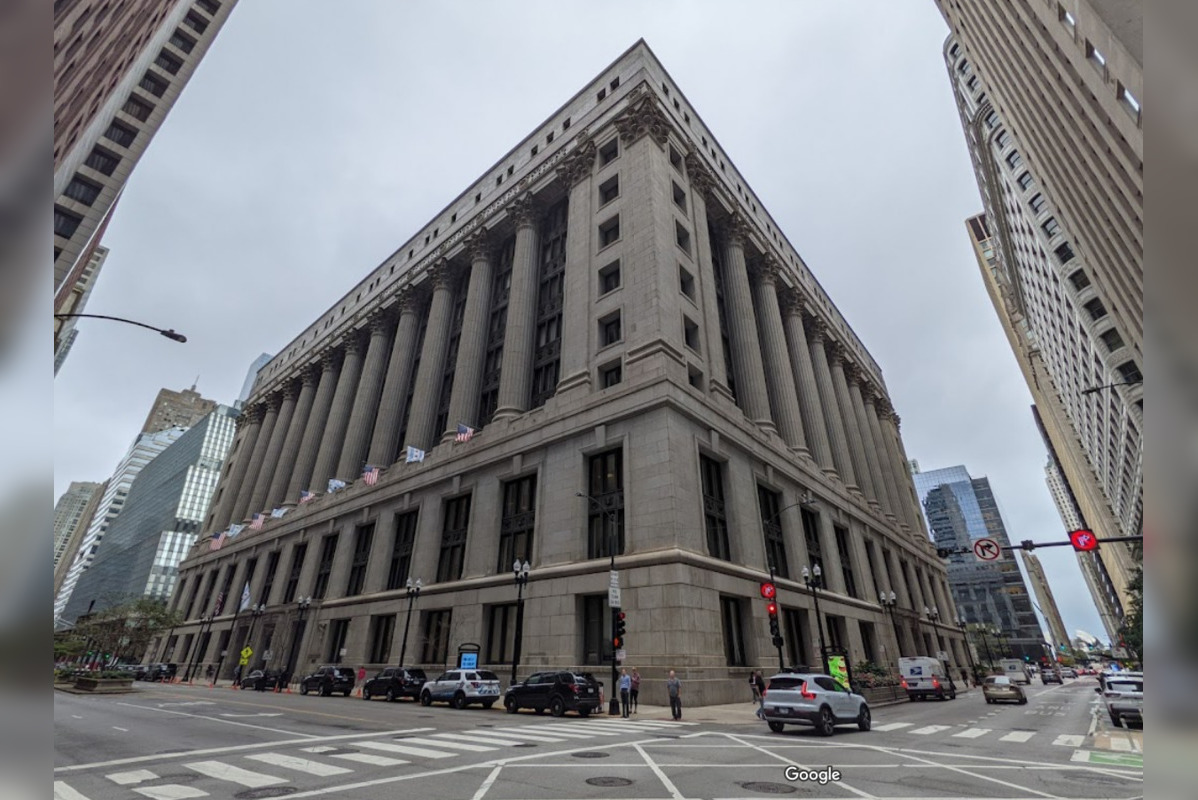S&P Global Ratings has downgraded Chicago’s credit outlook by one notch following the approval of the city’s budget, which analysts describe as overly reliant on one-time financial solutions. This decision raises concerns about increasing borrowing costs for future bond sales and intensifies pressure on city officials to secure sustainable revenue streams or implement spending reforms.
Budget Concerns and Financial Implications
The credit outlook downgrade stems from the city’s 2026 budget plans, which, according to Crain’s Chicago Business, rely heavily on non-recurring revenues and offer limited avenues for generating consistent revenue. The downgrade was announced after a contentious negotiation process between the mayor and city aldermen, culminating in the City Council’s approval of the fiscal plan.
S&P Global Ratings highlighted several factors contributing to the outlook change. As reported by The Bond Buyer, the agency pointed to the city’s reliance on one-time fiscal fixes, significant pension obligations, and a diminishing willingness among local leaders to adopt recurring revenue measures. These elements decrease Chicago’s budgetary flexibility and elevate risks should revenues decline or costs rise unexpectedly.
City Officials Respond
In response to the downgrade, city officials have contested the assessment, citing Chicago’s robust economy and budgetary decisions that prioritize pension funding. According to WTTW, the mayor’s office asserted that the report fails to adequately reflect the city’s strengths and reiterated its commitment to collaborating with the City Council to develop structural financial solutions before the next budget cycle.
The implications of the credit outlook cut are significant for the city’s financial future. Observers in the municipal market have indicated that this downgrade could lead to higher borrowing costs, potentially adding millions to debt-service obligations for upcoming general obligation and housing financings. City leaders now face difficult choices between funding capital projects and meeting operational needs if they cannot bridge the structural revenue gap.
This downgrade marks another chapter in a series of financial challenges for Chicago. The Civic Federation notes that the city has encountered multiple ratings actions this year linked to its pension liabilities and budgetary strategies. With next year’s budget already forecasting a substantial shortfall, the urgency for city leadership to address these issues has intensified.
The situation underscores the critical need for Chicago to reassess its financial strategies to ensure stability in its credit rating and maintain investor confidence. As stakeholders closely monitor the city’s next steps, the outcomes will significantly impact residents, particularly concerning taxes, services, and pension obligations.





































































